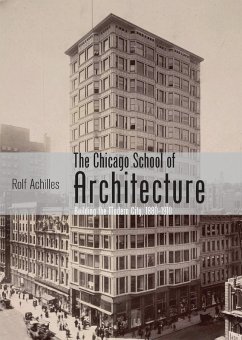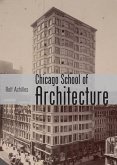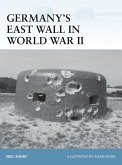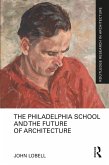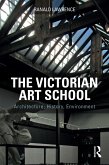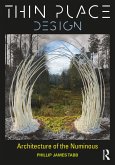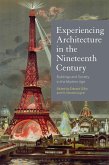The birth of the skyscraper in Chicago in the mid-1880s introduced a new direction for city architecture: upwards. But how-and why- was it that Chicago set the standard for high-rise buildings, not only across the USA but all over the world? Rolf Achilles here introduces the style of the First Chicago School from 1880 to 1910, explaining the innovative use of iron frames for strength, height and openness, and the ubiquity of gridded window arrangements. With reference to such famous architects as William Le Baron Jenny and Frank Lloyd Wright, and colorful pictures of, among many others, the Reliance, Brooks and Marquette buildings, this book is a fascinating exploration of the structures that helped to give Chicago its identity, and the world a new way of building.
Bitte wählen Sie Ihr Anliegen aus.
Rechnungen
Retourenschein anfordern
Bestellstatus
Storno

